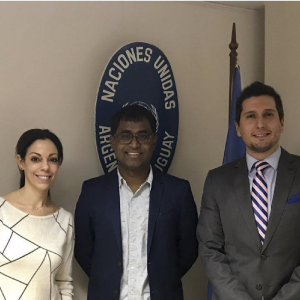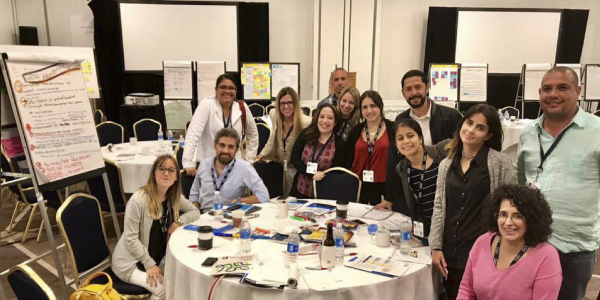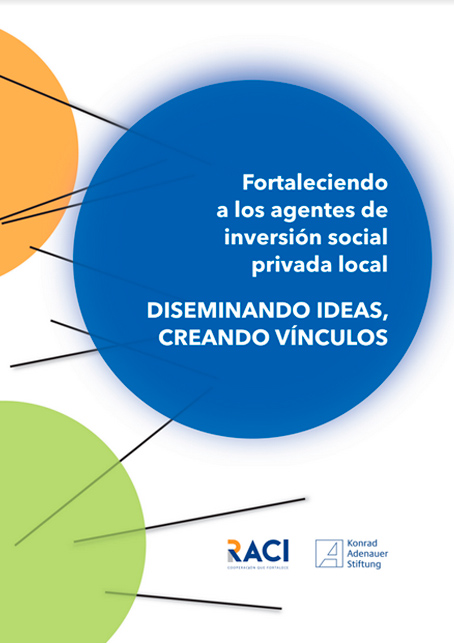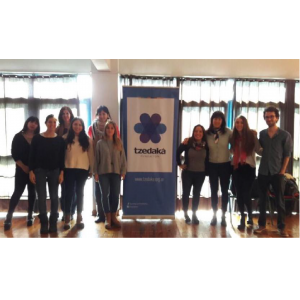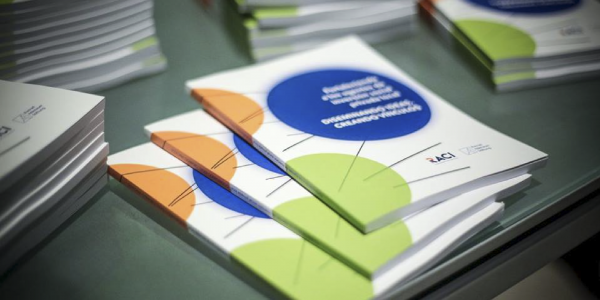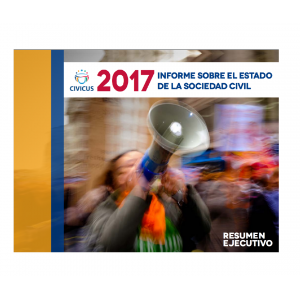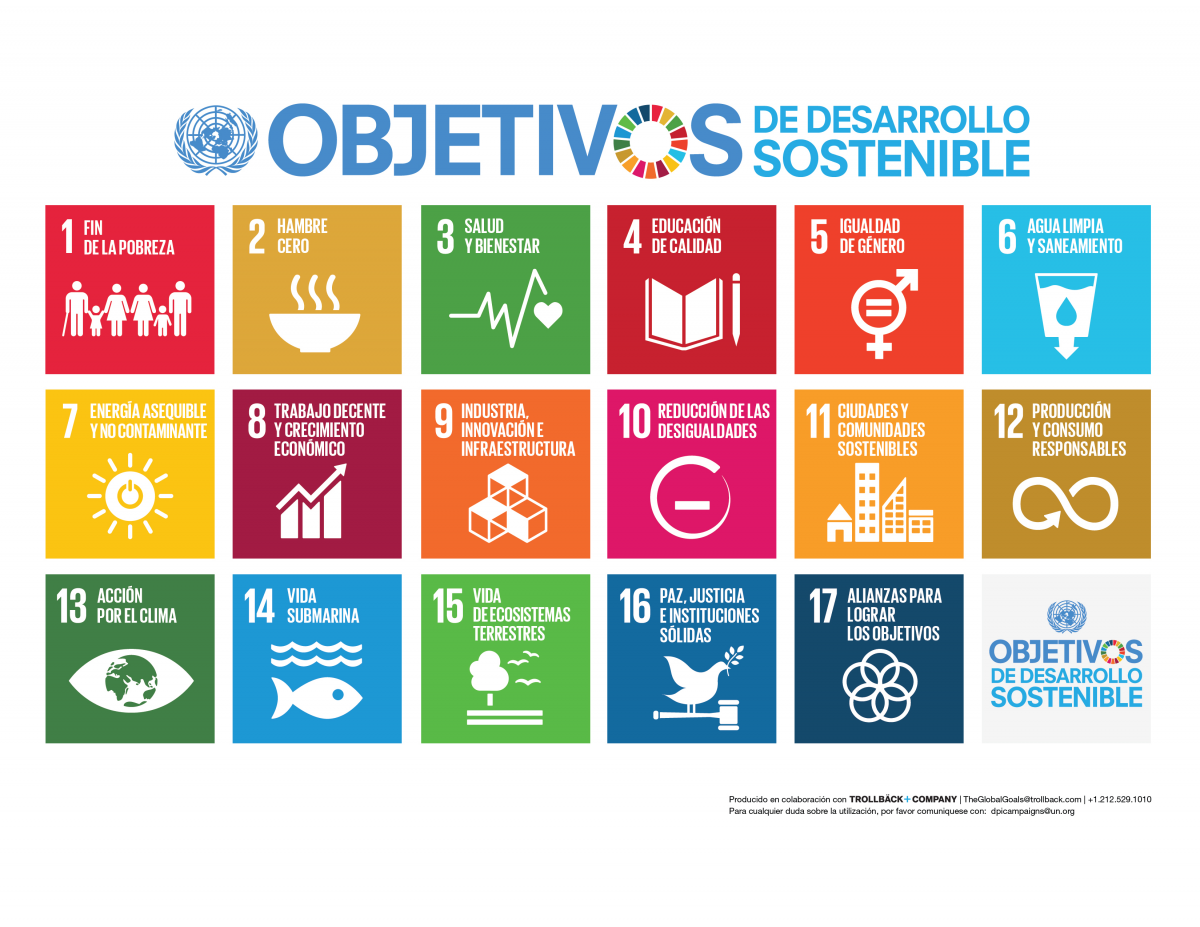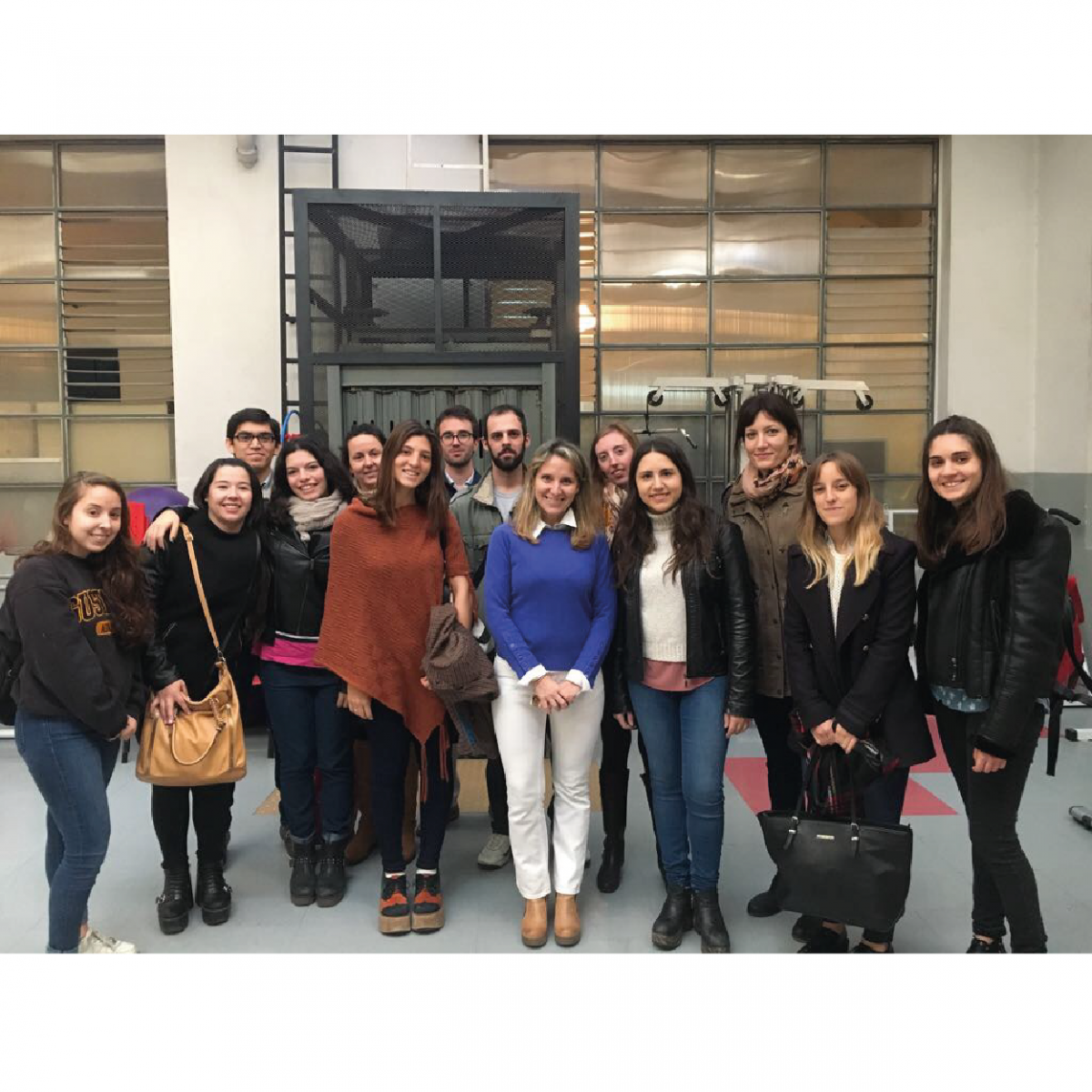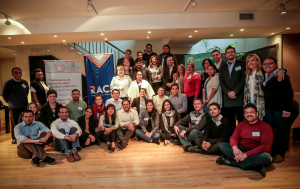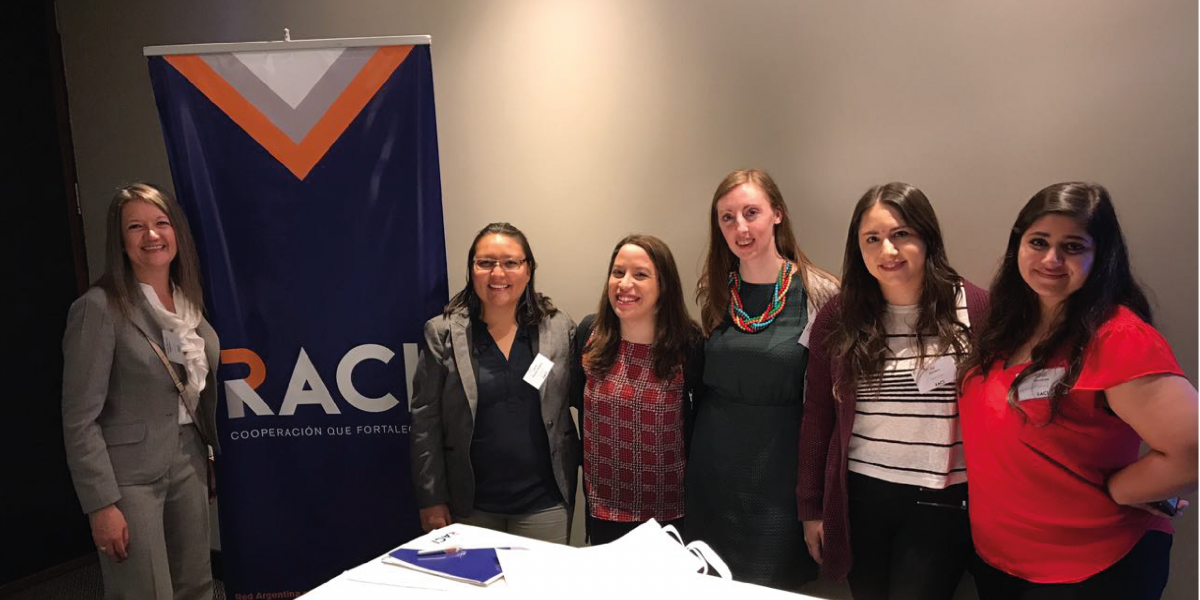The Regional Center of Civil Society for Latin America and the Caribbean was responsible for launching the First Collaborative Economy Lab. We interviewed members and participants of this event so you can know a little more of what’s it about.
This Center, as well as the Centers of other regions, arose from a global initiative launched by the then President of the United States Barack Obama in his speech to the UN in 2013, where he acknowledge the deciding role of the Civil Society in finding high impact solutions to global and local issues.
“The differences and similarities between the Latin American Regional Center and the other Regional Centers is that this Center has bet heavily for innovation. It’s a very open Regional Center that wants to highlight the impact of Civil Society in Latin America and has focused a lot on collaborative economy to share resources between the Regional Centers, and promote the solidarity between the CSOs of the region.” expressed Gerardo Torres, Program Associate of Innovation for Change.
The Collaborative Economy Lab, launched in Buenos Aires and sponsored by CIVICUS and Counterpart International, is one of the Center’s projects. It featured organizations from all over the region involved with this initiative. According to María Augusta Mendoza, Human Talent Coordinator of Grupo Faro Ecuador, what motivated her to join was “the commitment of building the Latin American and the Caribbean Regional Center, identifying the role of the Civil Society and the strategic goals that this community wants to achieve, such as enabling enviroment, the CSOs sustainability, and transparency and accountability”.
As for the experience of working with different organizations simultaneously, Jonathan Diab, Program Officer of Innovation for Change, stressed that when organizing this kind of events and initiatives, “it’s crucial planning a lot of anticipation, since there is a large number of associates involved in it”. He added that he’s very grateful with the RACI Team for their hospitality. Likewise, María Augusta said that “there’s a great sense of teamwork, which is a great strength of the Network”.
This week of work in particular, “was a week that mixed workdays and cultural activities. This activities allowed the assistants to value their participation and, at the same time, strengthened the solidarity bonds, which are essential to improve the probabilities of success of this kind of events, that are mostly virtual”, highlighted Laura Pinzón, Communication and Public Advocacy Coordinator of Grupo Faro. Along the same line, Suhani Bhushan, Program Officer of Sustainable Development at CIVICUS, stressed that “The events were a success, and counted with the participation of people from all over Latin America and the Caribbean. With different activities, speakers, panels, and networking opportunities, everyone took away something this week”.
The Center’s next projects, Gerardo Torres told us, are “working in a training about enabling environment, continue with the webinar series, and keep making Innovation Labs at the local level. Additionally, a study about the impact of the Civil Society on the region will be carried out, and a General Assembly will be held this year, posibbly in Guatemala“.
Lastly, Suhani assured that “Buenos Aires was a great place to hold the event”. In the same way, everyone agreed that choosing Buenos Aires was the right decision, as it has many cultural and gastronomic offerings, and a rich history, which gave a unique context to the event. In this sense, Laura said that she “enjoyed of its cultural and historical places, as well as knowing very interesting people, and the processes that are taking place in the countries”.

